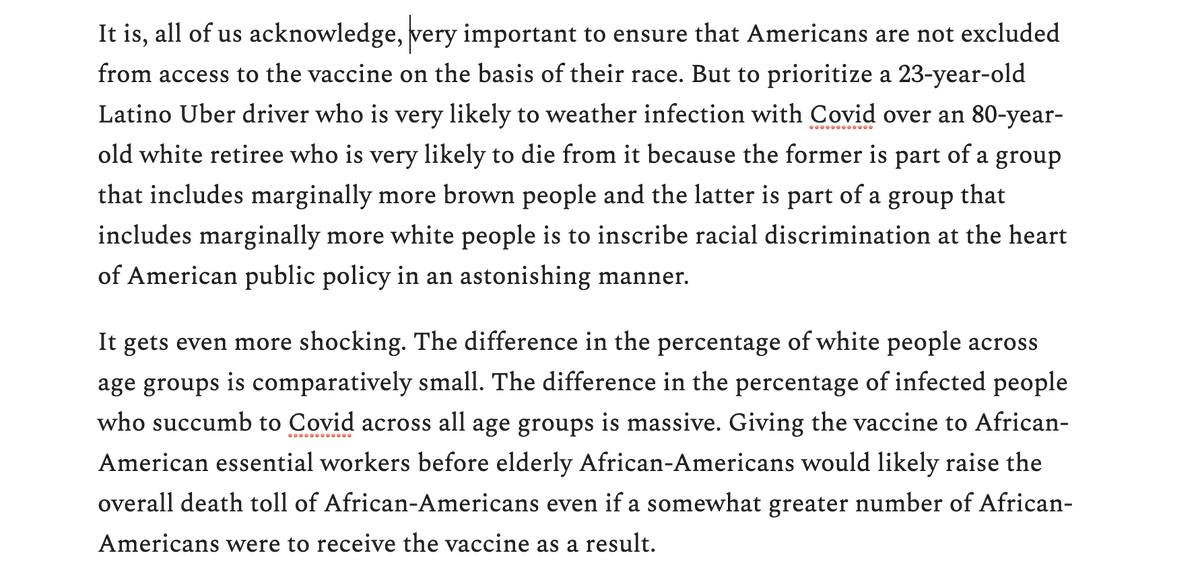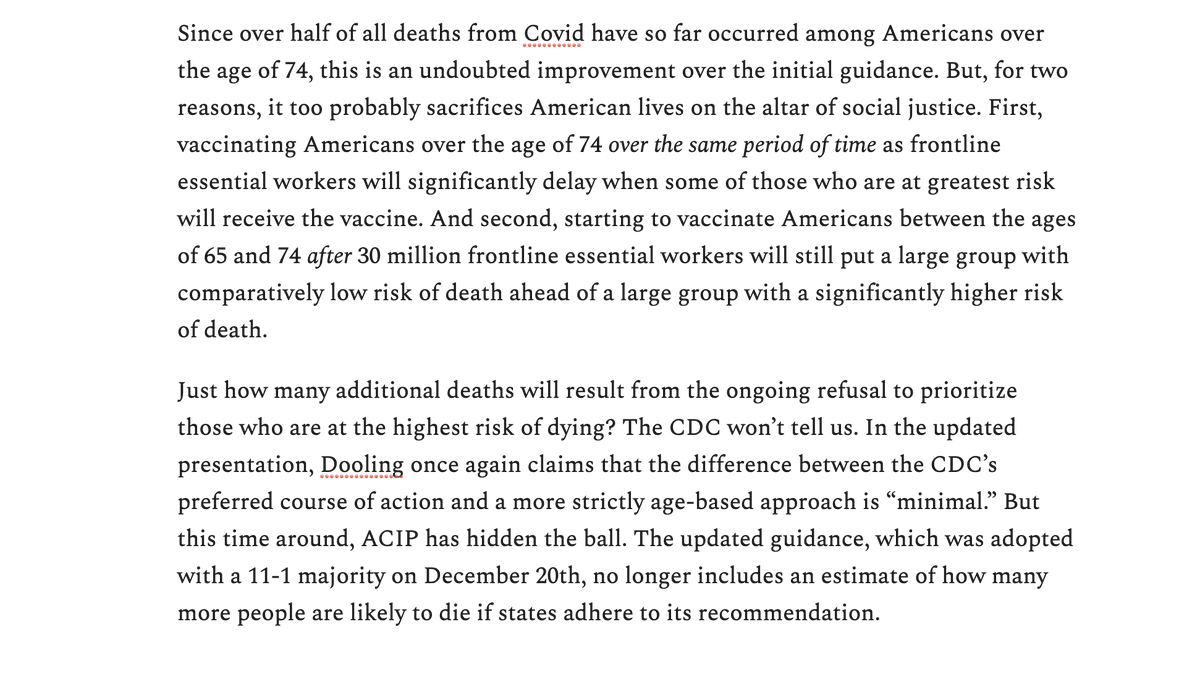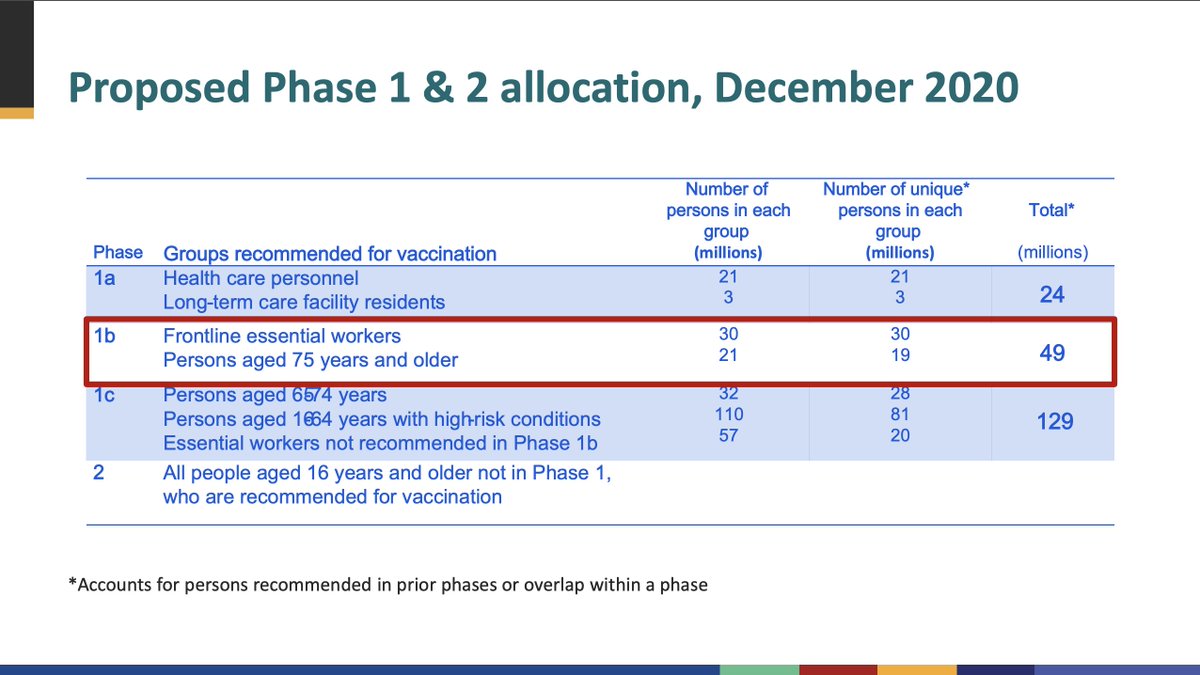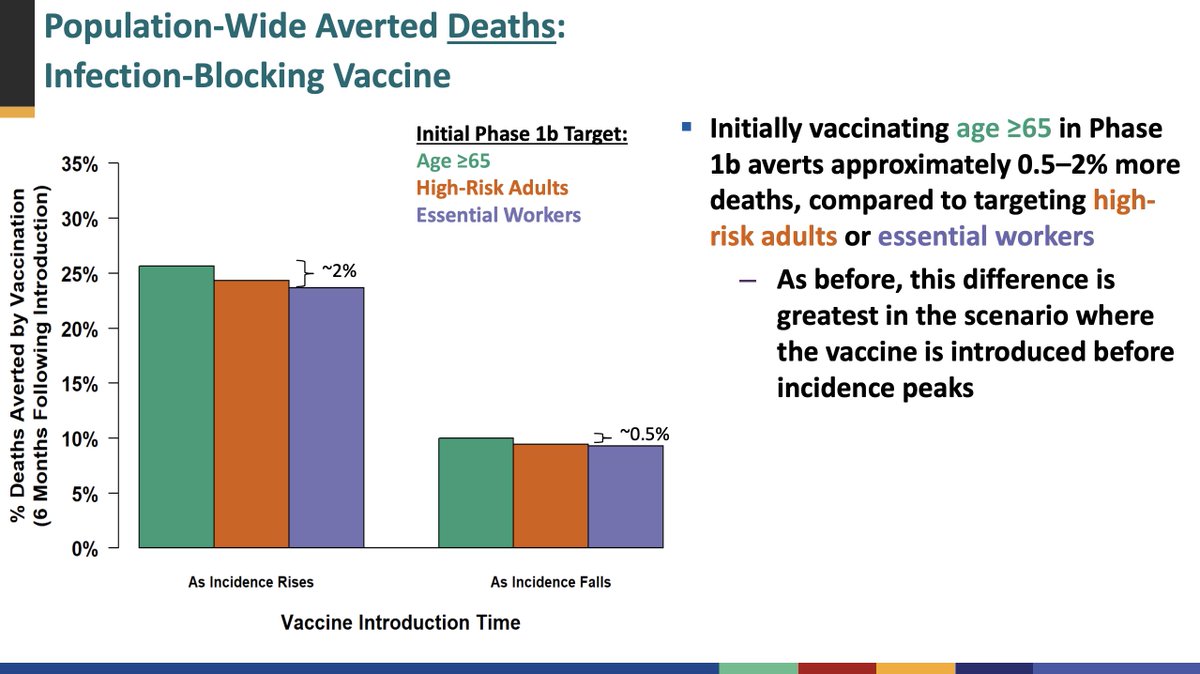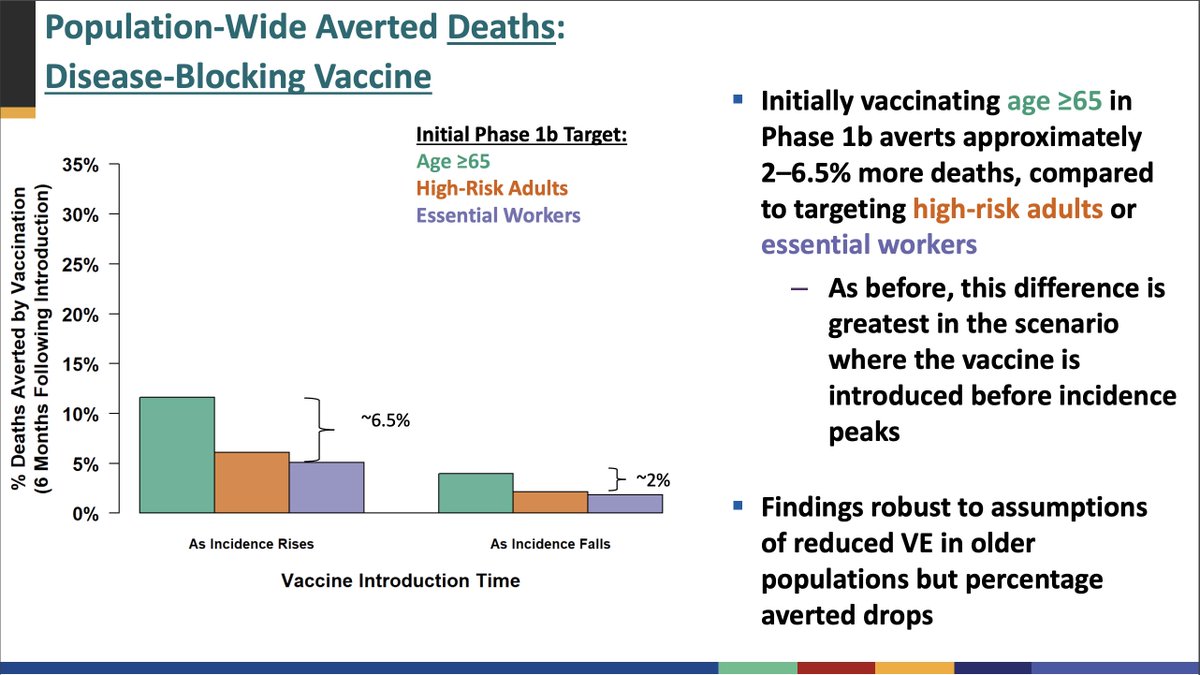
Germany's Christian Democrats just chose a new leader, who is likely to succeed Angela Merkel next year: Armin Laschet.
Unlike his main competitor, Friedrich Merz, Laschet is a moderate who is likely to continue Merkel's political line.
That's good. But I have a few concerns.
Unlike his main competitor, Friedrich Merz, Laschet is a moderate who is likely to continue Merkel's political line.
That's good. But I have a few concerns.
1)
It is far from clear that Laschet will continue Merkel's line on foreign policy.
In the past, Laschet has been deferential to Russia, defended Assad and even attacked NATO for its solidarity with Britain at the time of the Salisbury Attack.
It is far from clear that Laschet will continue Merkel's line on foreign policy.
In the past, Laschet has been deferential to Russia, defended Assad and even attacked NATO for its solidarity with Britain at the time of the Salisbury Attack.
It's possible that Laschet will seek a middle course between America, on the one hand, and Russia and China, on the other hand.
Even if he does not make that disastrous mistake, he is highly unlikely to turn Germany into a more consistent defender of democracy and human rights.
Even if he does not make that disastrous mistake, he is highly unlikely to turn Germany into a more consistent defender of democracy and human rights.
2) As Prime Minister of Germany's most populous state, Laschet handled Covid very poorly.
The whole government was too slow to react to the initial crisis. But even when most states got their act together, he hemmed and hawed.
He failed his biggest test of leadership so far.
The whole government was too slow to react to the initial crisis. But even when most states got their act together, he hemmed and hawed.
He failed his biggest test of leadership so far.
3)
I have a simple test for German politics: If I can see myself voting for the CDU even though I come from the political left, the system has a problem.
In other words, I fear that another moderate at the helm of the CDU may leave too much room for the populist AfD to grow.
I have a simple test for German politics: If I can see myself voting for the CDU even though I come from the political left, the system has a problem.
In other words, I fear that another moderate at the helm of the CDU may leave too much room for the populist AfD to grow.
This election confirms Germany's old preference for grey leaders.
Both Norbert Roettgen, one of Germany's smartest and most principled politicians, and Merz, a charismatic polarizer, ultimately lost to a man without distinguishing qualities.
A Helmut Kohl for the 21st century.
Both Norbert Roettgen, one of Germany's smartest and most principled politicians, and Merz, a charismatic polarizer, ultimately lost to a man without distinguishing qualities.
A Helmut Kohl for the 21st century.
Final note:
The CDU does not run in Bavaria, where it has a "sister party," the CSU.
Markus Söder, its leader, is far more popular than Laschet, so he *may* end up becoming the joint candidate in the next elections.
If he does, I'll have to write a whole new thread on him.
The CDU does not run in Bavaria, where it has a "sister party," the CSU.
Markus Söder, its leader, is far more popular than Laschet, so he *may* end up becoming the joint candidate in the next elections.
If he does, I'll have to write a whole new thread on him.
Also, can anyone think of anything resembling the bizarre CDU/CSU arrangement in another democracy?
The closest I can think of is Minnesota's DFL but that is effectively just a differently named subsidiary of the Democratic Party.
The closest I can think of is Minnesota's DFL but that is effectively just a differently named subsidiary of the Democratic Party.
• • •
Missing some Tweet in this thread? You can try to
force a refresh

